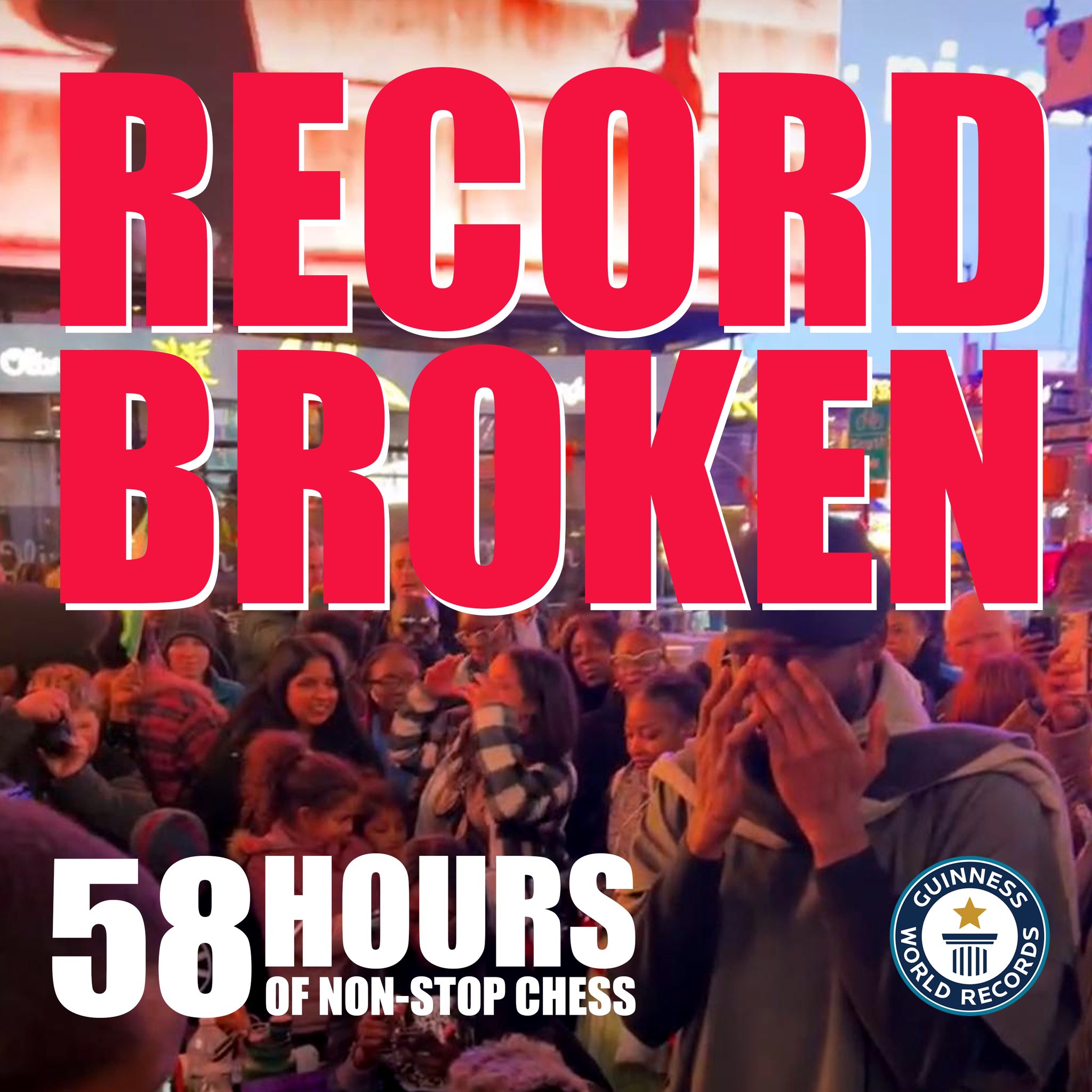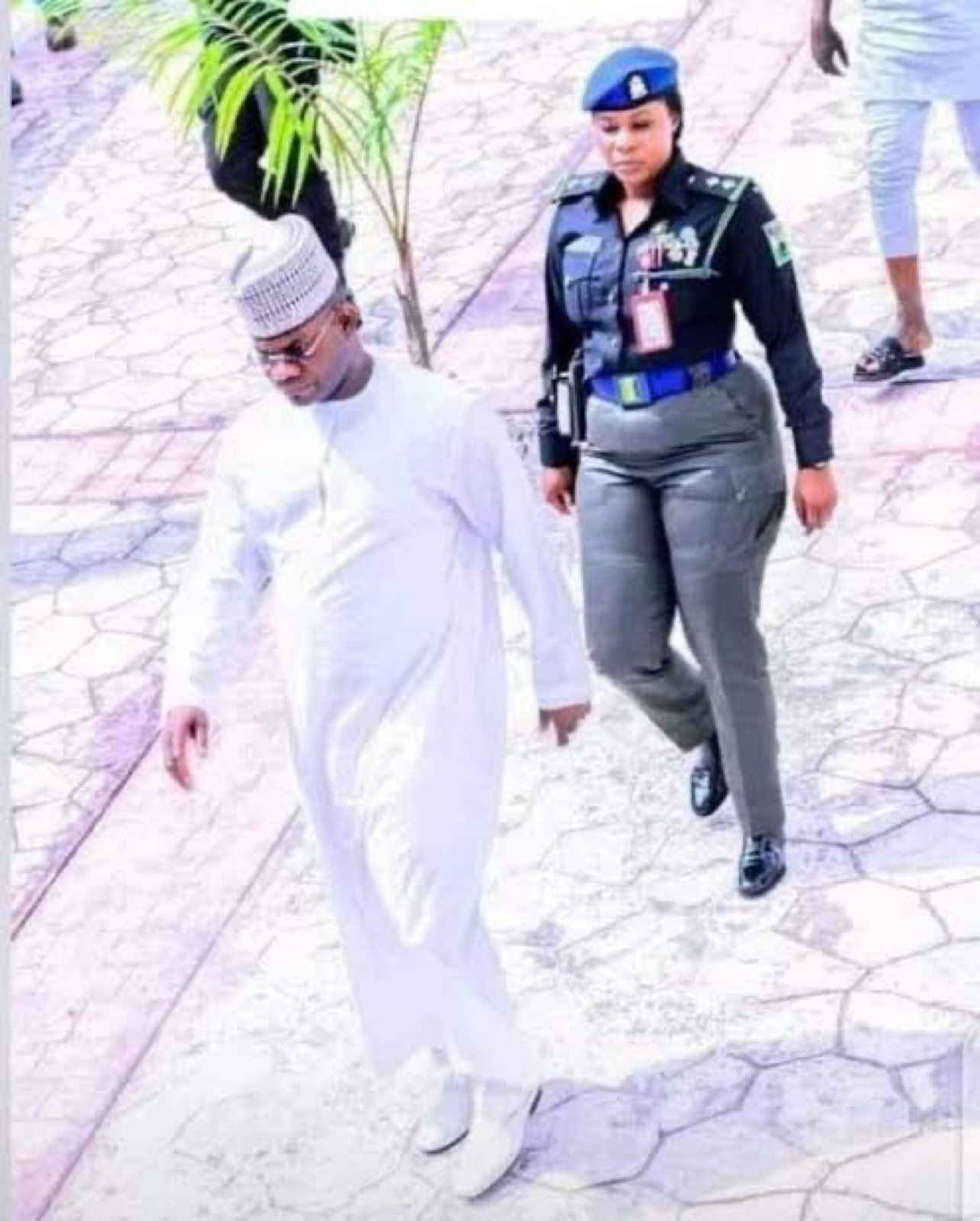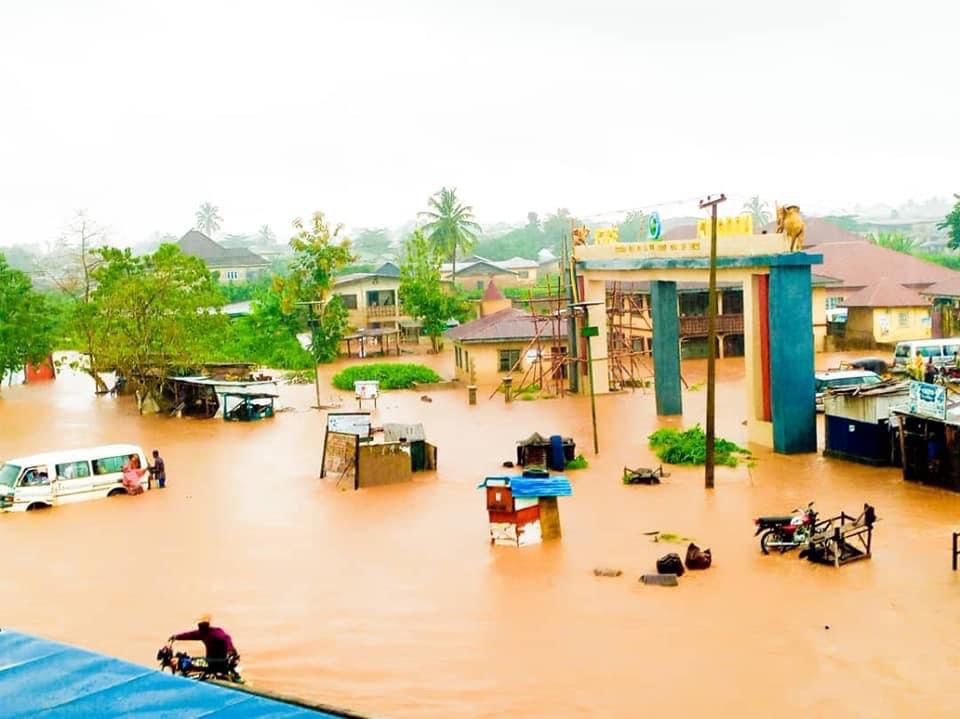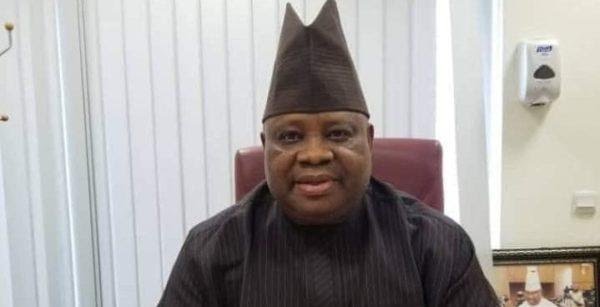How Jonathan Rejected British Offer To Rescue Abducted Chibok Girls
British armed forces offered to attempt to rescue the 276 Girls kidnapped form Government Secondary School, Chibok, Borno State in 2014 by the Islamist terrorist group Boko Haram, but were rebuffed by former President Goodluck Jonathan, according to the Observer, a UK-based newspaper.
The paper reported that in a mission named Operation Turus, the RAF conducted air reconnaissance over northern Nigeria for several months, following the kidnapping of 276 girls from Chibok, Borno State in April 2014.
“The girls were located in the first few weeks of the RAF mission,” a source involved in Operation Turus told the Observer. “We offered to rescue them, but the Nigerian government declined.”
The girls were then tracked by the aircraft as they were dispersed into progressively smaller groups over the following months, the source added.
Chibok is located in Nigeria’s north-eastern Borno State. Today, 195 of the girls are still missing. Those who have managed to escape from their kidnappers have told of a life of torture, enslavement, rape, and forced marriages in captivity.
Notes from meetings between UK and Nigerian officials, obtained through the Freedom of Information Act, also suggest that Nigeria shunned international offers to rescue the girls. While Nigeria welcomed an aid package and assistance from the US, the UK and France in looking for the girls, it viewed any action to be taken against kidnapping as a “national issue”.
“Nigeria’s intelligence and military services must solve the ultimate problem,” said Jonathan in a meeting with the UK’s then Africa minister, Mark Simmonds, on 15 May 2014.
A document summarizing a meeting in Abuja in September 2014 between Nigeria’s national security adviser and James Duddridge MP, former under-secretary of state at the Foreign Office, shows Operation Turus had advanced to the point where rescue options were being discussed. Minutes from a meeting the following month between Major-General James Chiswell and Jonathan hinted at the frustration felt by those trying to prompt some action from Nigeria.
“[President] Jonathan was still focused on ‘platforms’. General Chiswell said again we could offer advice on what equipment might make sense and how weapon systems might be best deployed,” the October 2014 document stated.
The Nigerian government did not respond to a request for comment. The Foreign Office said: “We wouldn’t comment on specific operational details, which are a matter for the Nigerian government and military.”
Jonathan has drawn criticism at home and abroad for a lack of action and perceived apathy over the kidnappings. The government was slow to mount any response in the weeks after the girls were taken. The governor of Borno State, Kashim Shettima, also publicly criticized Jonathan for failing to even call him or any other state official for 19 days after the kidnappings. Jonathan also hit out at the worldwide #BringBackOurGirls campaign, branding it a “manipulation” of the victims of the attack.
Boko Haram had raided the dormitories of the government secondary school at Chibok. The girls staying there had braved warnings of an attack to sit their final examinations. Boko Haram looted the school and then burned it to the ground. The kidnappings also blighted the lives of the girls from the town who were not taken away, as many have been too scared to continue their education.
In addition to Nigeria, Boko Haram is active in regions of Cameroun, Chad and Niger. According to UNICEF, more than 1.3 million children have now been displaced. Some of those taken by Boko Haram have been forced to become child soldiers: one in five suicide bombers in Nigeria are believed to be children, and three-quarters of those are girls.
But in a swift reaction on Sunday, Jonathan denied that his administration refused help from the British government to rescue the abducted Chibok girls.
In a statement signed by his media assistant, Ikechukwu Eze, he said the report was a tissue of ‘lies’.
“Our attention has been drawn to a report that has been trending, without proper attribution, to the effect that the last administration rebuffed British offer to rescue the kidnapped Chibok school girls,” he said, adding: “We wish to promptly point out that nothing can be further from the truth, as Nigerians are conversant with the effort made by the Jonathan administration towards rescuing the Chibok girls, especially in relation to collaborating with the international community.”
According to Eze, “We can confidently say that the lies in this report are self-evident. This is because the international press as well as the Nigeria media actively covered the multinational efforts and collaboration which involved some of the major powers deploying their crack intelligence officers to work with our own security operatives, and those of our neighbors.”
Credit: This Day










